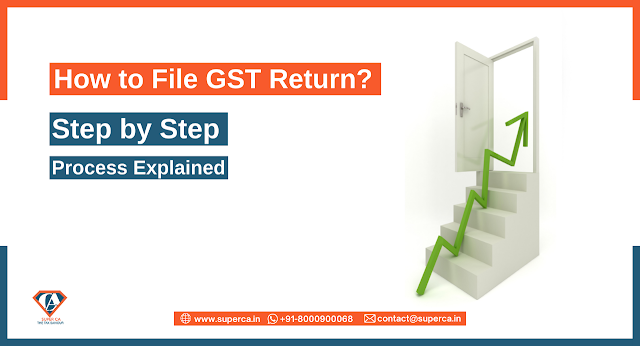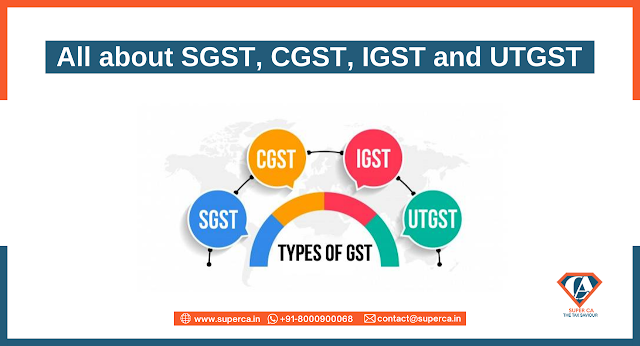5 Difficult Things About Online GST Registration
The GST Act came into operation in 2016 and the implementation of the same began on July 1, 2017. A variety of indirect taxes previously levied by central and state governments like VAT, Service Tax, Local Body Tax, Central Excise duty, Central Sales Tax Purchase Tax, Luxury Tax, Entry Tax, Octroi, etc. have been compiled and accumulated under GST.
As per the GST regulations, it is mandatory for a business or any supplier that has a turnover of above Rs.40 lakhs (Rs 10 lakhs for special category states present in hill states and North-Eastern states) to get their online GST registration done. The online GST registration process doesn’t require manual intervention or physical paper submission. The process is as simple as it may sound. It is usually completed within 4–6 working days and the supplier is allotted a 15-digit GST identification number and a certificate of registration by the GST department.
GST was a great initiative taken by the Indian government and has provided many benefits like removal of cascading effects, elimination of Tax arbitrage across states which distorted business investment decisions and many more. But having said that, the GST imposition also brings in a few disadvantages. In this article, we’ll look at its five disadvantages in detail.
Disadvantages of online GST Registration
1. Complexity for Businessmen Increased
GST has given rise to complexity for many business owners across the nation. The Act has provided the power of companies to central and state governments. The control of businesses has been shifted to the central and state governments for all those businesses binding the laws.
This has increased the uncertainty for many entrepreneurs and the complexity for them has increased around the country.
2. Mismatches while claiming ITC
In several cases, most taxpayers face the issue of unavailability of Input Tax Credit (ITC) due to mismatches. The Department arbitrarily rejects the ITC on account of the mismatch. There is a mismatch of information on those businessmen who are trying to claim input tax credit which is subject to greater chances for chaos.
3. Thump on The Real Estate Market
GST in India has negatively impacted the real estate market. GST’s exposure to the housing market has led to an 8% price increase which has led to a 12% decline in demand after much of what was done in June 2017.
4. A higher tax burden for SMEs
Small and medium-sized enterprises (SME) may still not be able to keep up with the GST tax regime due to the difficulties which they face under law. Earlier, only businesses whose turnover exceeds Rs 1.5 crore had to pay excise duty. But now any business whose turnover exceeds Rs 40 lakh will have to pay GST.
However, SMEs with a total income of Rs. 75 lakhs could avail of the composition scheme, pay a mere 1% tax on turnover, and abide by fewer compliances. But the trade-off is that they cannot claim ITC. Thus, the dilemma to choose between higher taxes or the composition scheme with no ITC is a tough task for many SMEs.
5. An increase in operational costs
After the implementation of GST, the businesses will now have to employ tax professionals in order to be GST-compliant. This will gradually increase costs for small businesses as they will have to bear the additional cost of recruiting tax professionals like CAs and lawyers.
The additional cost of purchasing software that can assist in the GST installation process and training the employees to be GST compliant are further increasing their overhead expenses.
Final Thoughts
GST has completely changed the way how tax is paid. To smoothen the implementation process of GST, the government is trying its best to make several changes through various meetings of the GST Council. But due to some of its cons, we cannot neglect the various advantages that GST implementation has brought. The GST mechanism needs to be tweaked with changing times.





Comments
Post a Comment